If you’ve recently sold or are preparing to sell a home in Portland, you’ve probably come across the City of Portland Home Energy Score. Required since 2018, this program is designed to give homebuyers and owners an easy-to-understand rating of a home’s energy performance, similar to a miles-per-gallon rating for cars. But what does that number on your report really mean? How is it assessed, and how can it help you make your home more comfortable and efficient?
At Resilient Retrofits, we are uniquely qualified to help Portland homeowners interpret their Home Energy Score and use it as a practical roadmap for improvements, because our company founder built Resilient Retrofits on the foundation of his extensive experience in both construction and housing policy.
Here’s what you need to know.
What Is the City of Portland Home Energy Score?
The Home Energy Score is a 1-to-10 rating that reflects how much energy your home uses compared to similar homes. A score of 1 indicates a home that uses more energy than most, while a score of 10 means your home is among the most efficient in the city.
The report also includes an estimate of your annual energy costs and recommendations for upgrades that can reduce energy use and improve comfort. While the program was designed primarily for real estate transactions, many current homeowners use their report as a starting point for energy upgrades.
How Is the Score Calculated?
Certified assessors conduct a site visit and gather information about your home’s key systems and features. Factors that influence your Home Energy Score in Portland include:
- Insulation levels in the attic, walls, and floors
- Window type (single-pane vs. double-pane)
- Heating and cooling system efficiency
- Water heater type and age
- Home size and layout
- Air leakage (how drafty the home is)
Why Does the Home Energy Score Matter?
For Portland homeowners, the City of Portland Home Energy Score matters for three big reasons:
- Transparency when selling
- If you’re putting your home on the market, you’re required to provide buyers with your score. A low score can raise concerns, while a higher score can make your property more attractive.
- Identifying inefficiencies
- Drafty rooms, high energy bills, or inconsistent temperatures often show up as a lower score. The report highlights exactly where your home is losing energy.
- Planning upgrades
- The recommended improvements section is essentially a to-do list for boosting comfort, cutting bills, and moving your score higher.
Linking Energy Scores to Comfort Issues
Many Portland homes, especially those built before 1980, struggle with comfort issues: cold floors in the winter, overheated rooms in the summer, or heating systems that never quite keep up. These symptoms often show up in the Home Energy Score report as low insulation levels, inefficient heating, or excessive air leakage.
If your score is low, that’s a signal your discomfort has a root cause in the home’s performance, not just in your thermostat settings. Addressing the issues the report points out can lead to a more comfortable, healthier home year-round.
What Should You Do After Receiving Your Score?
Think of the Home Energy Score as a first step, not the full picture. The report gives you a broad overview, but it doesn’t include the kind of in-depth testing needed to design upgrades that truly maximize efficiency. That’s where we come in.
At Resilient Retrofits, we help homeowners move from “report” to “results” by:
- Conducting blower door testing and infrared imaging to pinpoint hidden leaks
- Designing insulation and air sealing plans tailored to your home
- Recommending heating, cooling, and water heating systems that match your needs
- Helping you access rebates, tax credits, and financing to lower upgrade costs
With this approach, your Home Energy Score becomes more than a number, it becomes a roadmap toward comfort and savings.
Incentives That Make Upgrades Easier
Another reason not to ignore your Home Energy Score: right now, there is still financial support available for upgrades. Portland homeowners can tap into:
- Energy Trust of Oregon rebates for insulation, heat pumps, and water heaters
Portland Clean Energy Fund programs for low- and no-cost upgrades - Federal tax credits up to $3,200 annually for efficiency improvements (expiring at the end of 2025)
Stacking these incentives can reduce the cost of improvements by thousands, making it the perfect time to act on the recommendations in your report.
From Low Scores to High Comfort: Resilient Retrofits Can Help
If your City of Portland Home Energy Score report left you with more questions than answers, you’re not alone. Many homeowners see a low score but aren’t sure how to take the next step. That’s where we come in.
We specialize in translating your energy score into a clear, science-based plan for:
- Lowering energy bills
- Improving year-round comfort
- Increasing your home’s value and marketability




